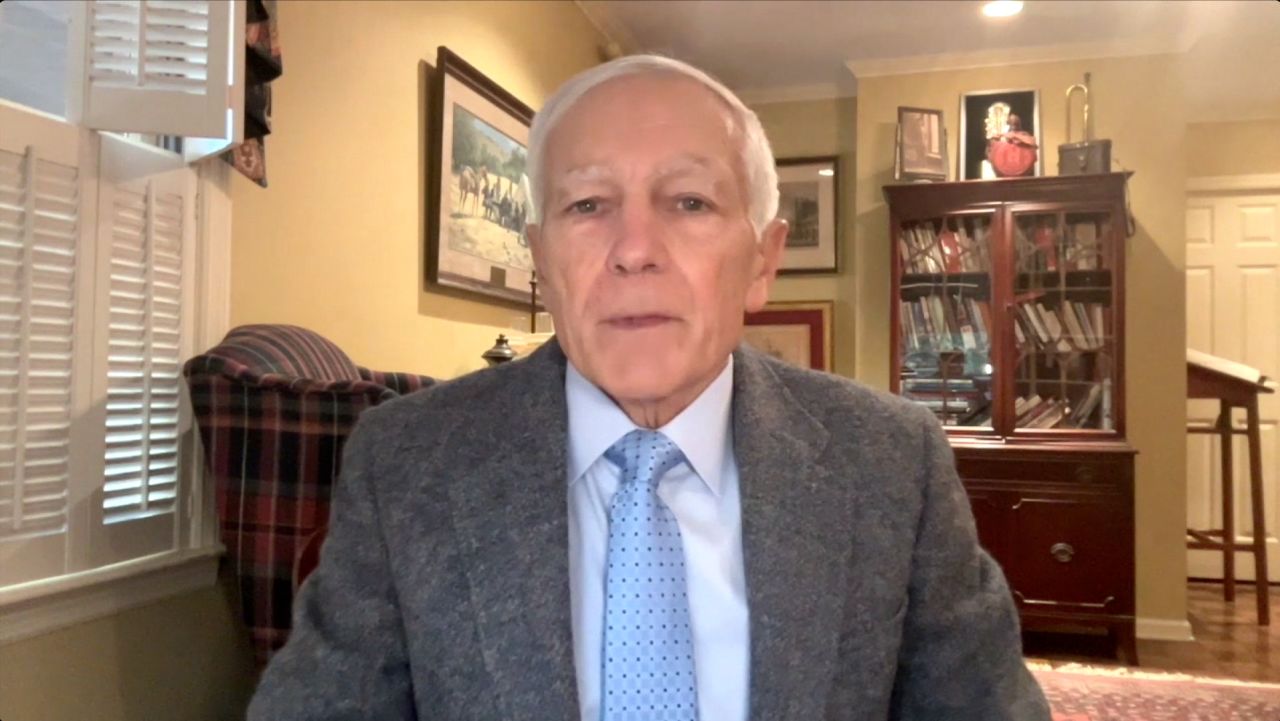After the expected release of the women and children hostages held by Hamas begins, focus will turn to other groups being held in the Gaza Strip that are expected to be more difficult to negotiate their release, sources say.
Women and children have been the first priority to get released and if that is successful, it will leave men, Israeli soldiers and the remains of those killed — either bodies taken into Gaza on October 7 or those who were killed after.
It’s believed there are 236 hostages being held in Gaza. All 50 expected to be released in the first phase are Israeli women and children, some of whom also have other nationalities besides Israeli.
A source familiar with the negotiations said US and Israeli officials viewed elderly men as being the next category of people that could be easiest to get out of Gaza, followed by foreign national men.
Both female and male soldiers were considered the hardest to negotiate out of Gaza, the source added. In addition, the parties would also need to work toward retrieving the bodies of those killed that Hamas is believed to be holding.
The negotiation for those categories hasn’t started in earnest yet, the source said.
As a result of the complexity for the remaining hostages, another source familiar with the discussions confirmed that the others have not been part of the immediate conversations and therefore are on something of a separate track.
Another complicating factor in the case of many of those who would remain, the person added, is that they’re not in Hamas custody but with other groups and individuals.
Israeli soldiers held hostage could give Hamas huge leverage in negotiations. In 2011, Israeli soldier Gilad Shalit was exchanged for more than 1,000 Palestinian prisoners after years of negotiations.
Following mandatory Israeli military service for both men and women, most Israelis become reservists and according to a person familiar with the talks, Hamas had initially wanted to consider the women hostages under 45 years old to be as soldiers as well.
Israel refused, another source familiar with the discussions said both sides ended up agreeing that only those women in uniform when they were abducted will be considered soldiers.
Aside from Israelis, there are kidnapped nationals from other countries, like Thailand and Nepal, whose countries have been in contact with Qatar since Qatari mediators have been a main point of contact with Hamas, a person familiar with the discussions says.
Israel’s military released security video from Gaza’s Al Shifa hospital that they claimed showed Hamas militants bringing one Thai and one Nepali hostage to the hospital, one of them bleeding on a stretcher.




















